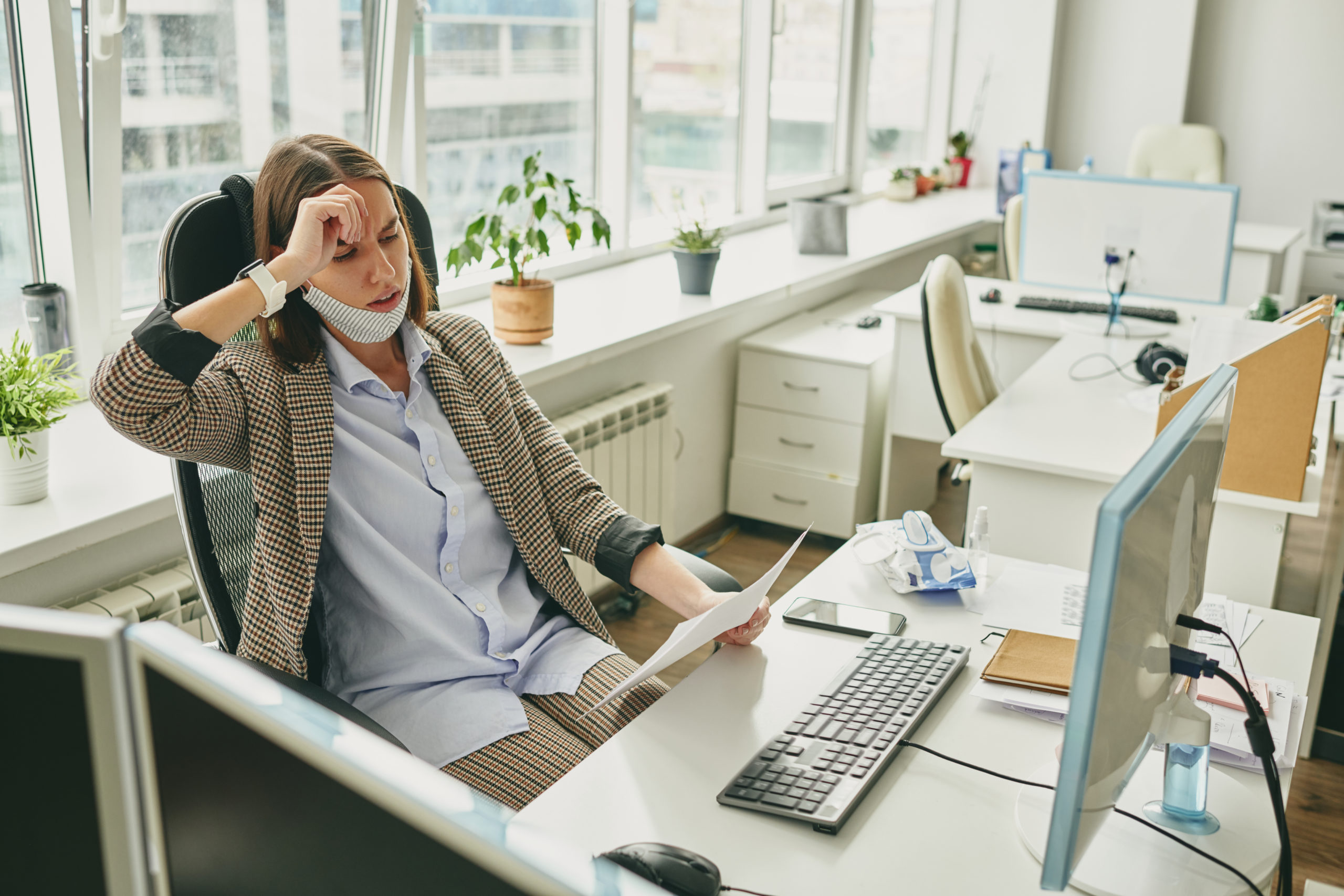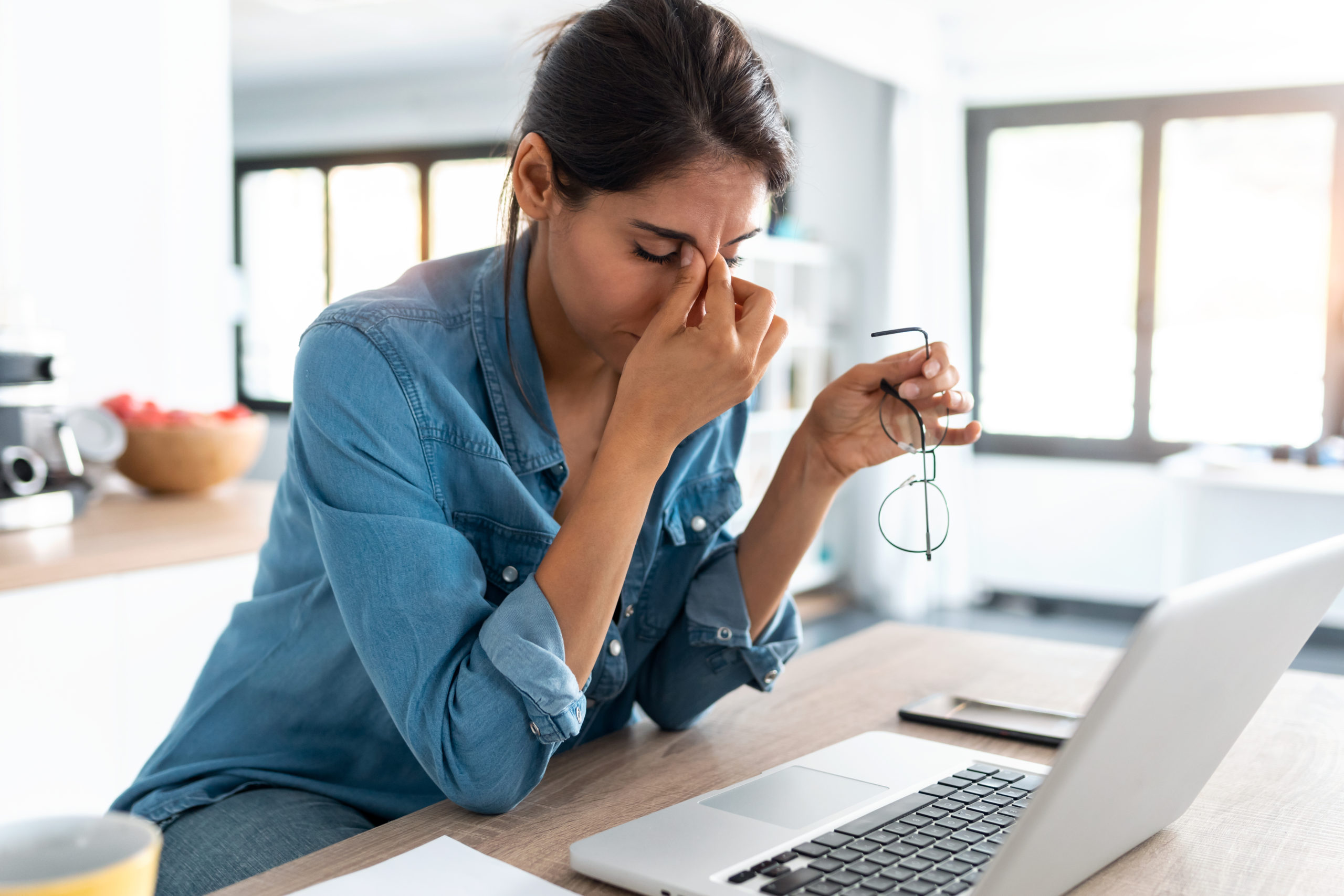It’s no surprise that everyone has been stressing about COVID-19 and the impact it has been having on our way of life. But for many workers, things are a lot more worrying.
At Altta, we are prompt on mental health we follow the news and surveys to see how the awareness is evolving and what we can do to help people. Whether it’s teaching people to become mental health first aiders, proving awareness courses or just updating people as we are now, we are always-on-top of it
According to studies by HR Connect, out of the hundreds of people they ‘interviewed’ regarding their work and how it has been affected, 90% agreed that this pandemic had negatively impacted their working environment. However, the remaining 10% was only unsure, but with nobody voting ‘no’ we can see that there are issues in everyone’s situation.
Out of all responses though, an elevated level of anxiety really stood out as a key consequence of COVID-19.
We all have an idea of what it is, but what actually is Anxiety?
Just because we can’t see it, doesn’t mean it’s not there. One of the biggest affiliations with anxiety is the fact that it is very hard to distinguish and most people suffer in silence.
As stated on the NHS’ ‘Every Mind Matters’ website, ‘’Anxiety is a feeling of unease, like worry or fear that can be anything from mild to severe.’’ It’s very common for us to feel anxious from time to time, and it is perfectly natural that once a certain situation or event passes, the feeling of anxiety fades with it.
However, as everyone is different, anxiety affects someone accordingly. Different encounter, experiences and triggers of anxiety will vary, and what may make them nervous probably won’t affect another as badly.
Physical effects of anxiety can include:
- Nail/lip biting
- Rapid heartbeat
- Shaking
- Shortness of breath
Emotional and behaviour effects include:
- Avoidant
- Overly careful
- Restless
- Irritability
- Feeling ‘on edge’

But sometimes anxiety can even cause us to feel fatigued and in severe cases, can make a person reluctant to get out of bed or leave their home. Above all, anxiety can make people avoidant of social situations, contribute to memory loss or lead to depression.
What many of us don’t realise is that it is more common than we think, the person in front of you right now, the next person you see in public, could be suffering from anxiety. Typically, if anxiety becomes an everyday problem that gets in the way of day to day activities, then you may need help from a GP.
Why is COVID-19 causing a sharp rise in Anxiety with workers?
People are confused, futures are uncertain and people are struggling more than ever during these unprecedented times.
With this pandemic affecting our personal mental and physical health as well as our loved ones, everything is getting a bit too much and it is frightening.
There have been additional pressure on costs with people staying at home, the need for people having to take on their own childcare and the rising costs for food and eating at home.
A lot of people are also being consumed by social media, with nothing to do but engulf themselves online, a lot of people are being fed misinformation that heightens their worry and fear.
How to correctly manage Anxiety in the Workplace
Effectively managing anxiety in a professional environment and supporting colleagues can be challenging to implement, no matter the business.
However, there is a range of training and awareness solutions for management and leaders, allowing you to learn how to effectively help your employees with their mental wellbeing. Poor mental health will negatively impact business as well as the individual, as anxiety can lead to absences, reduced productivity and poor staff retention.
We work with businesses to help them ensure they have all the knowledge and support they need to ensure that their employees have great mental wellbeing. With the impact of COVID-19, many workplaces are under immense pressure and thus employees are suffering too.
If you are looking to improve the mental wellbeing of your employees, introducing a MHFA is the bees place to start.
Get all the advice you need with Altta:



